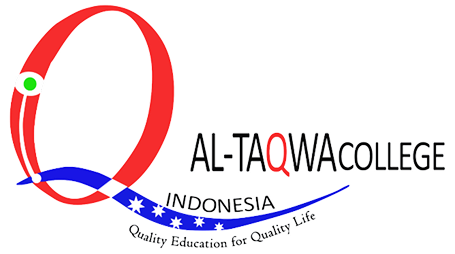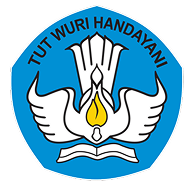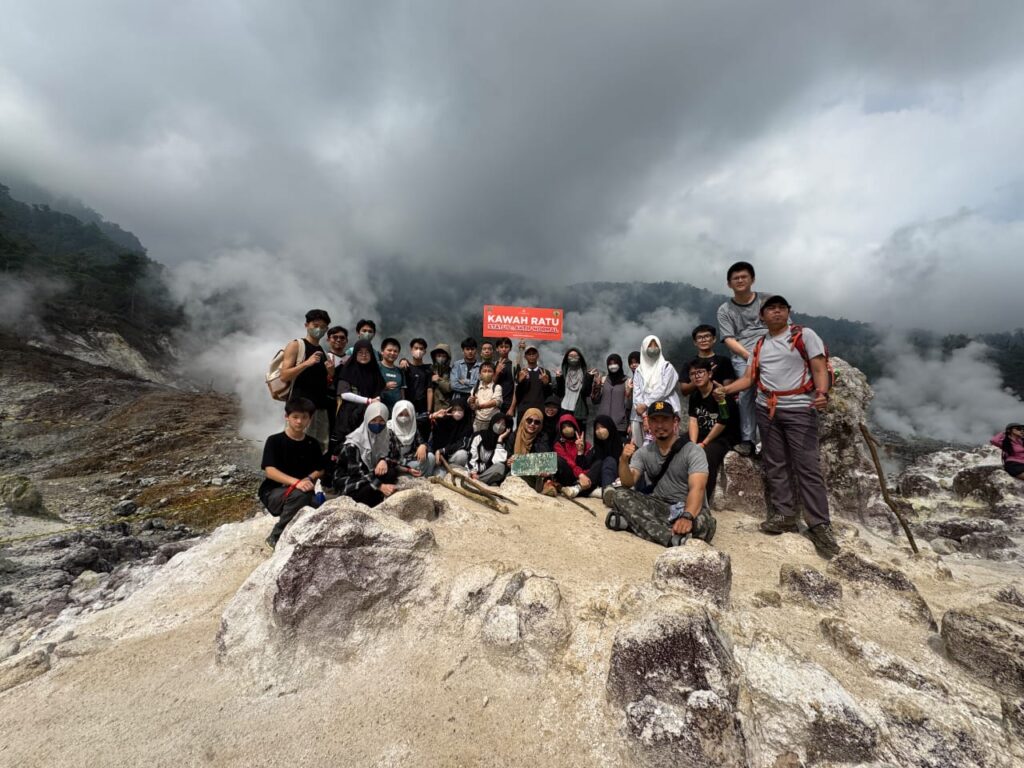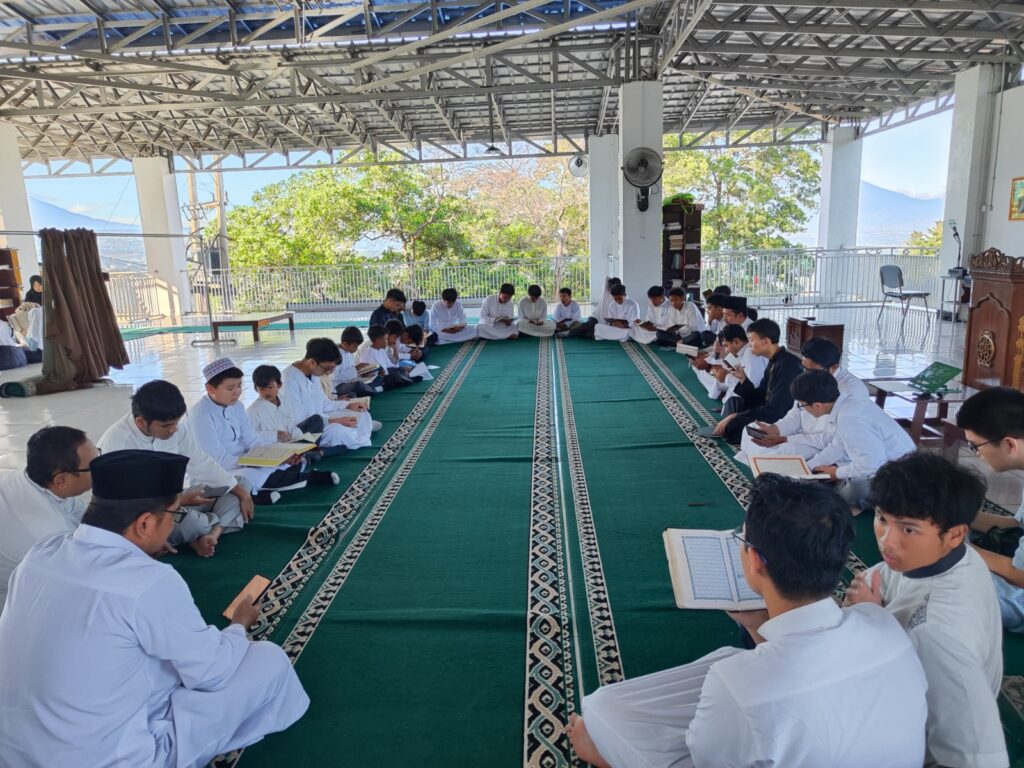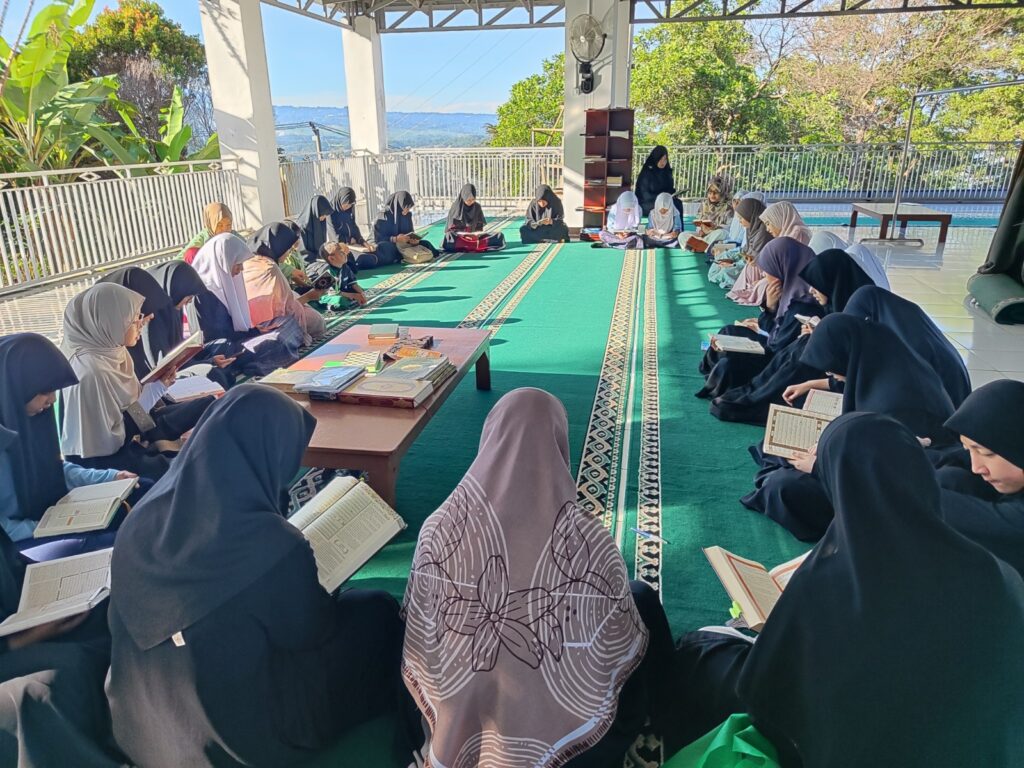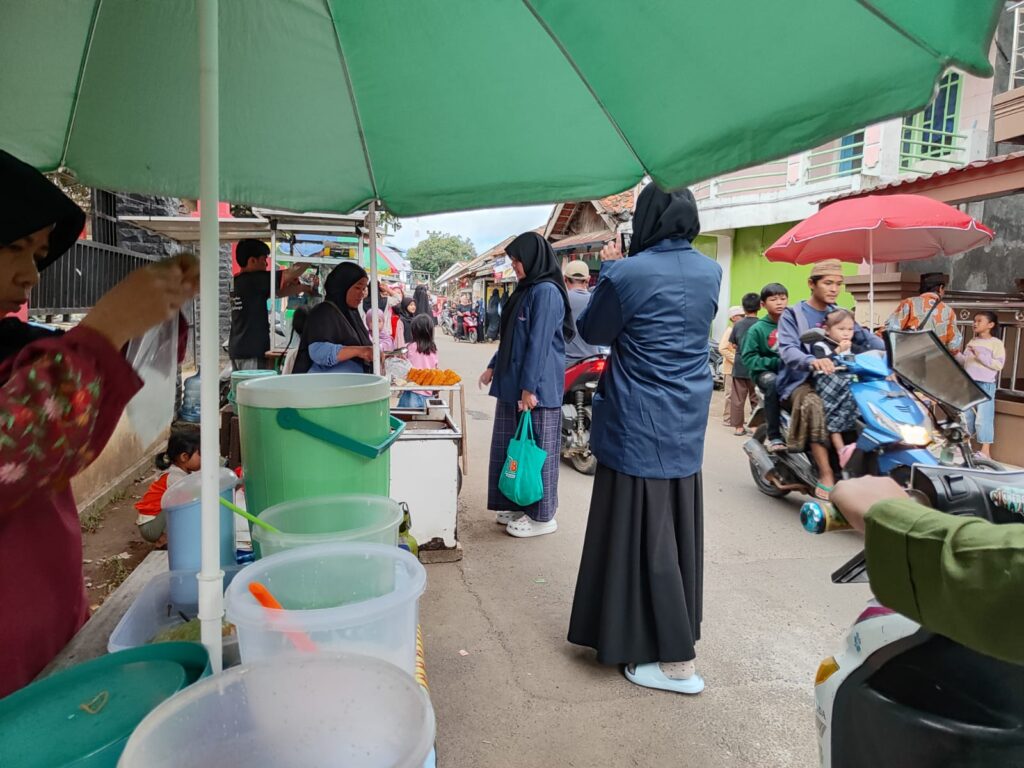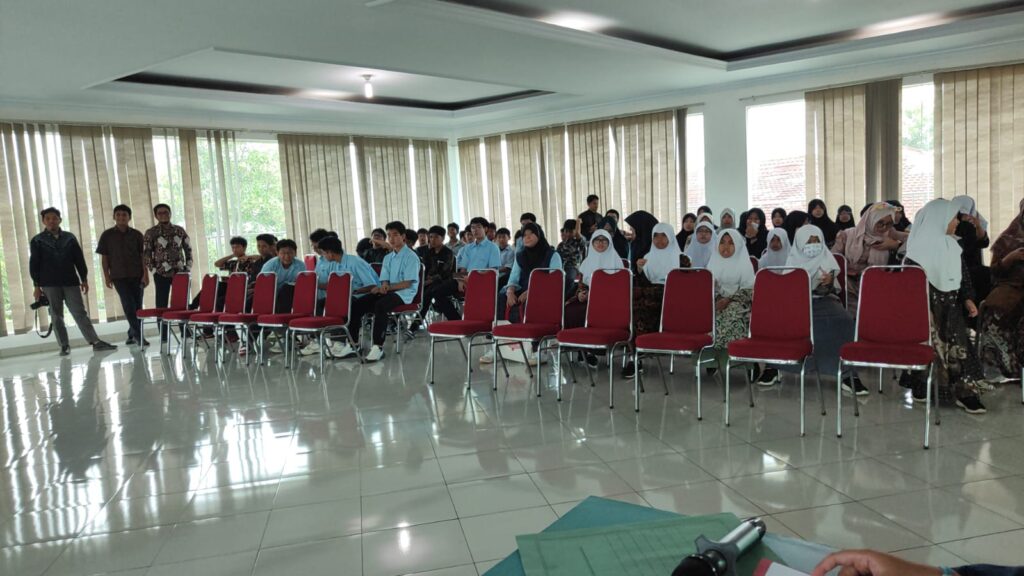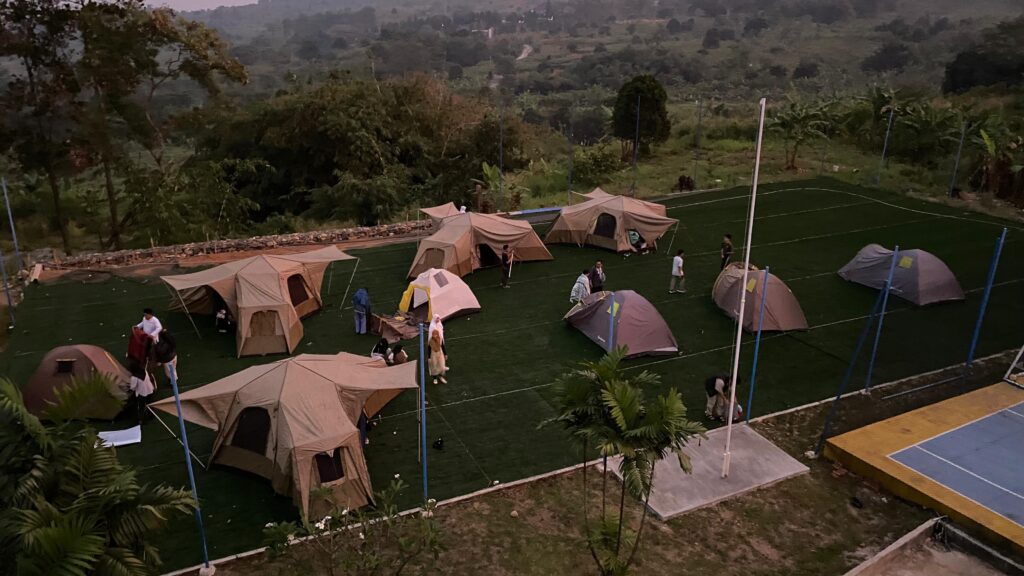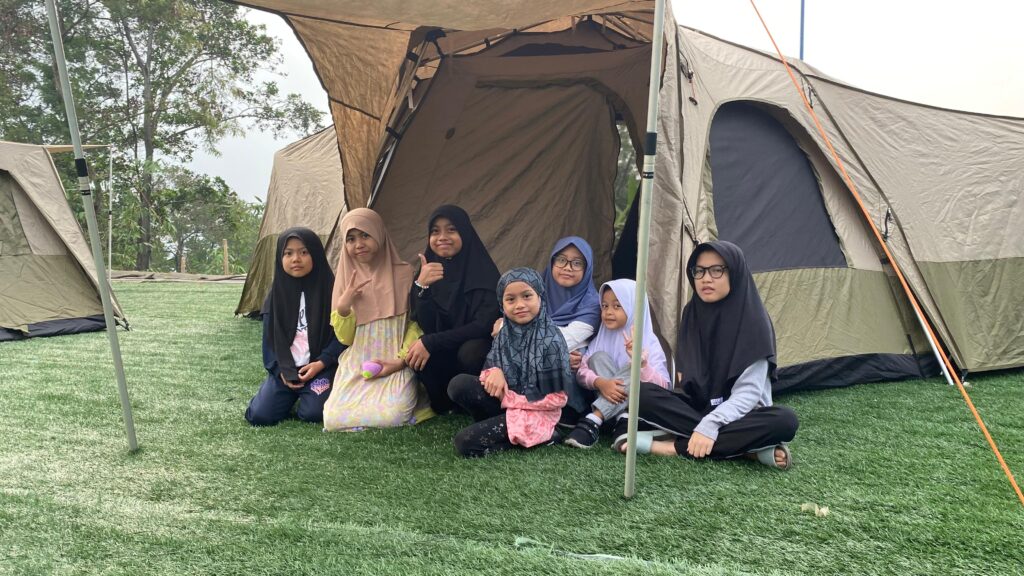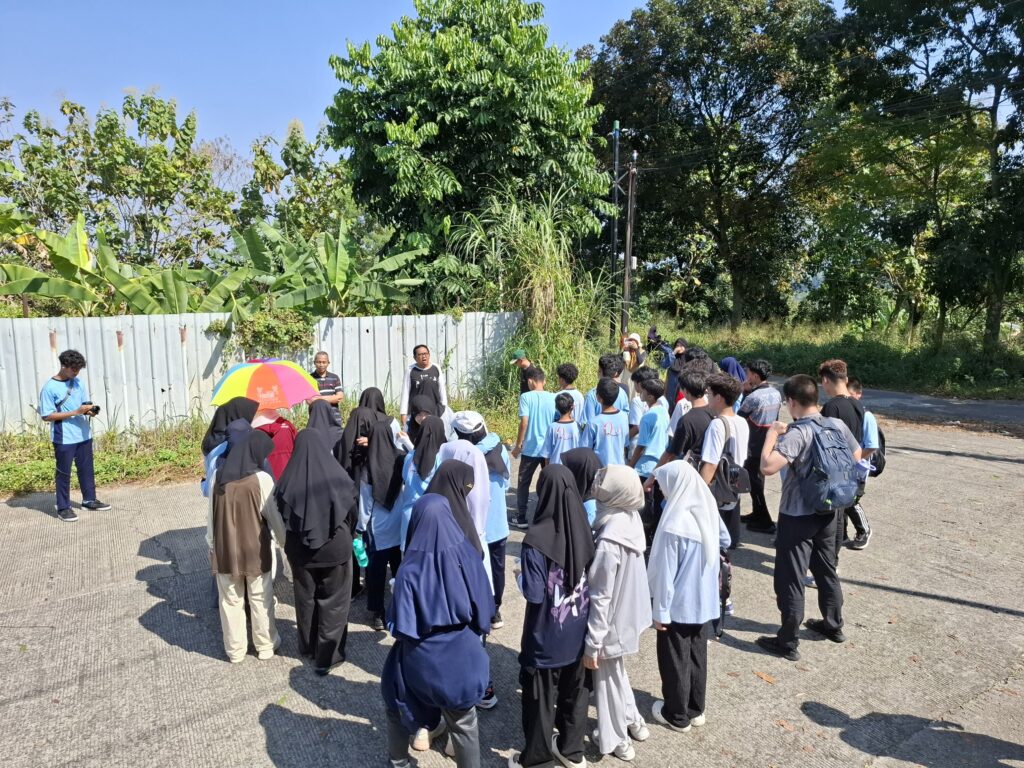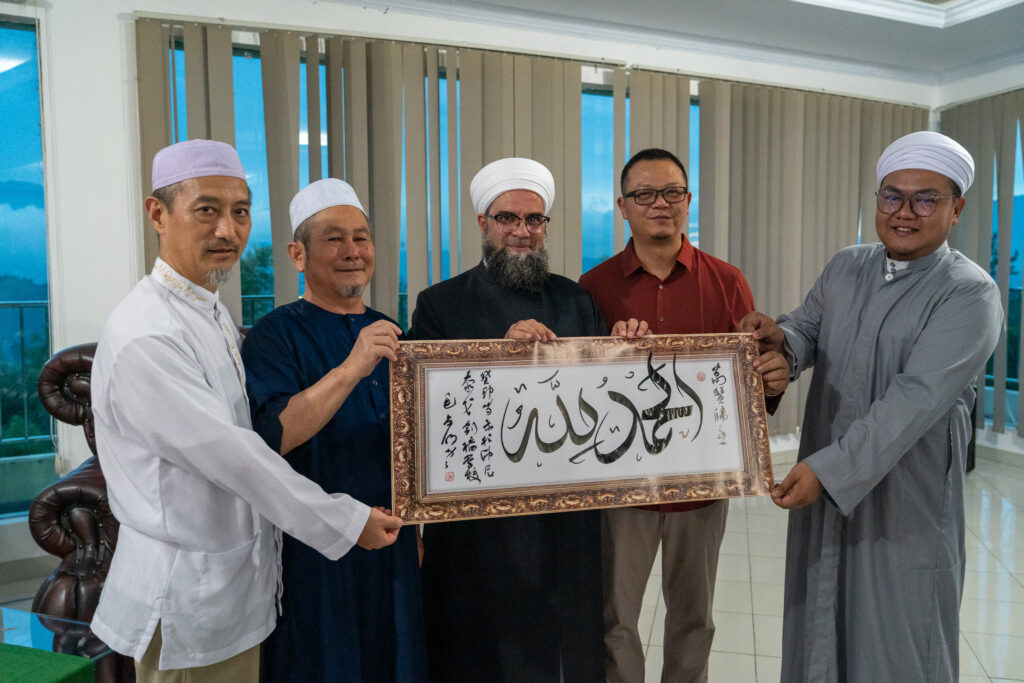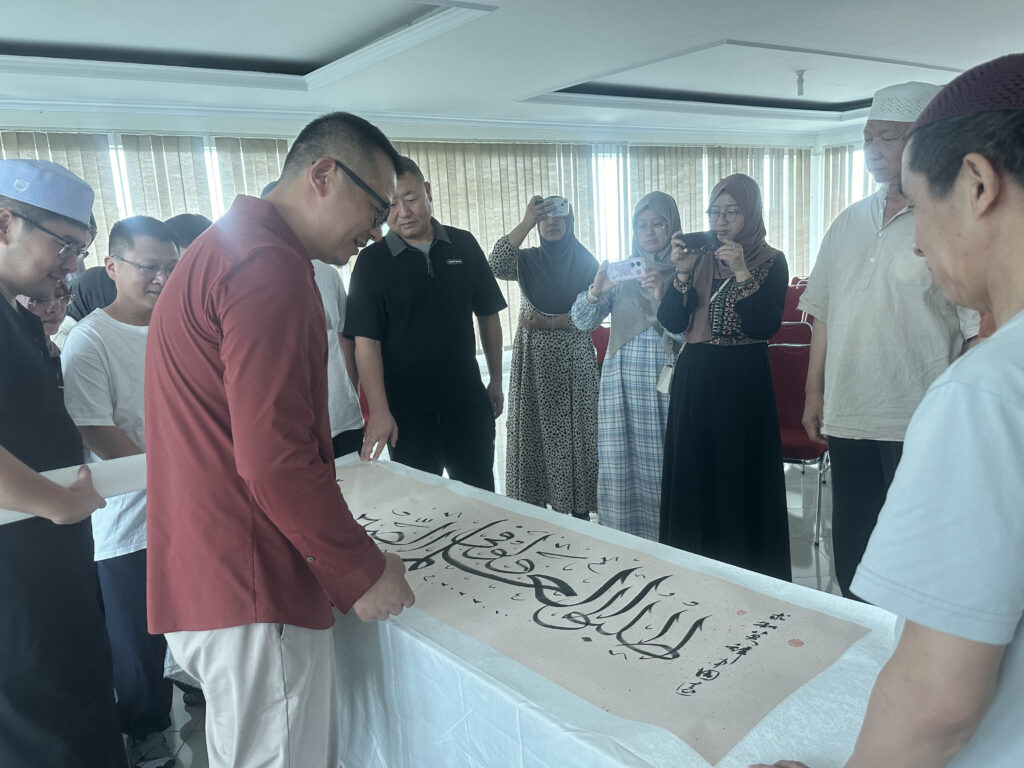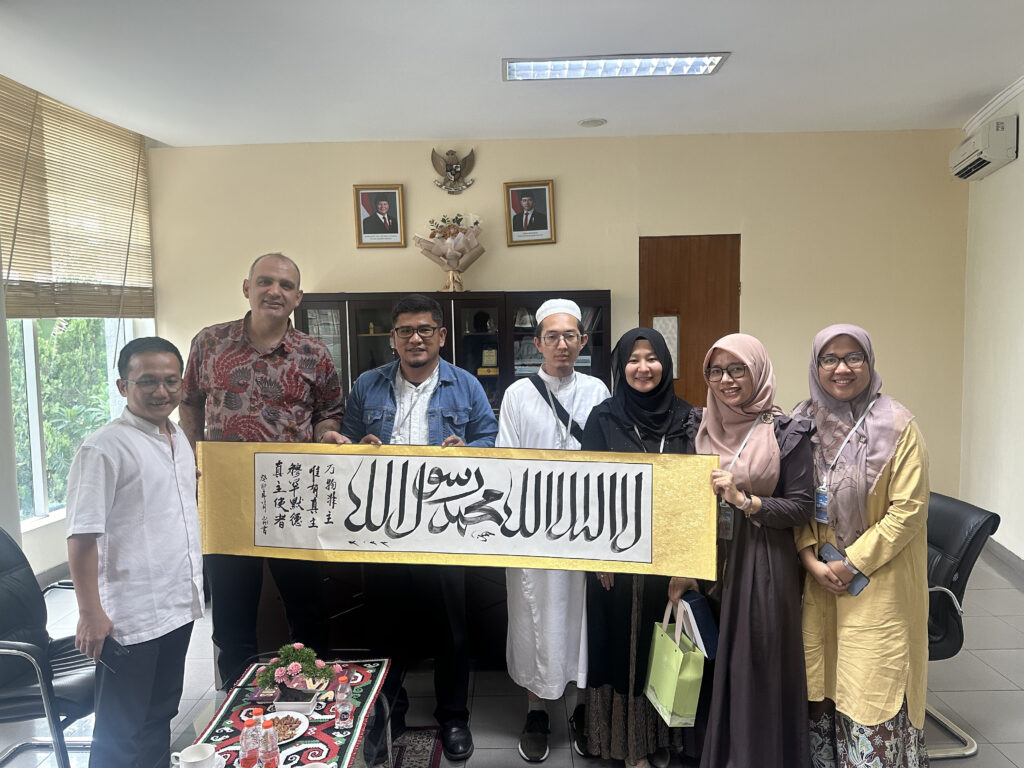Hiking to Kawah Ratu, Bogor: A Journey Through Jungle and Steam
Introduction
Nestled in the heart of Mount Salak within Halimum Salak National Park, Kawah Ratu (Queen’s Crater) is a hidden gem for hikers seeking a blend of adventure, nature, and geology. Just a few hours from Jakarta or Bogor, this crater offers a moderately challenging trek through tropical rainforest, culminating in a surreal volcanic landscape of steam vents and sulfuric fumes.
Getting There
Kawah Ratu is accessible from several trailheads, the most popular being Pasir Reungit, near Cicurug. The drive from Bogor takes approximately 1.5 to 2 hours depending on traffic. You’ll pass through rural villages, tea plantations, and eventually reach the entrance to Gunung Bunder, where permits and parking are available.
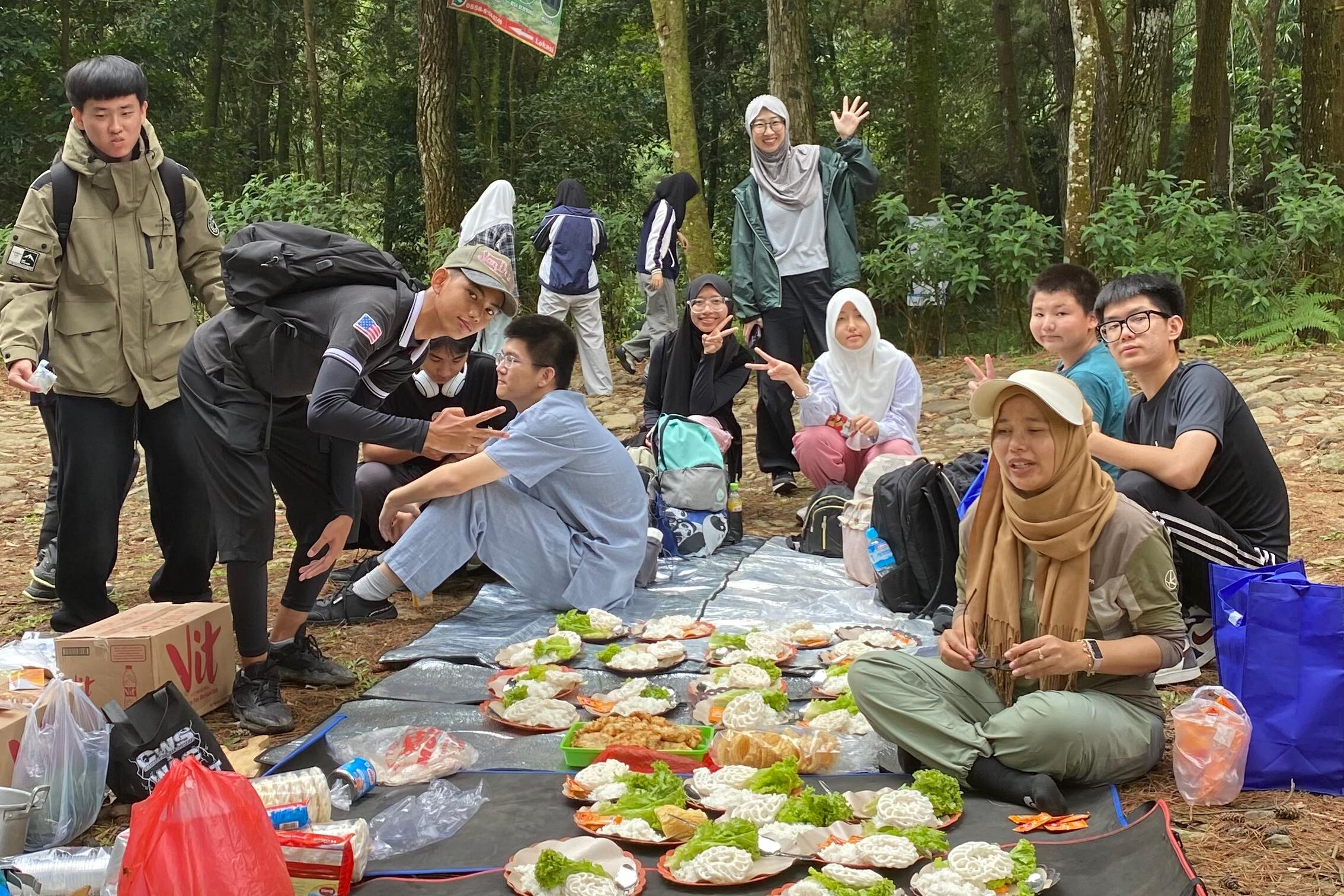
The Hike
- Trail Length: ~5.5 km round trip
- Elevation Gain: ~500 meters
- Time Required: 3–5 hours round trip, depending on pace and weather
- Difficulty Level: Moderate
The hike starts with a well-marked forest path under a dense canopy of tropical trees. Early on, the trail crosses small streams and muddy paths, especially after rain. As you ascend, the air becomes cooler and you’ll notice a subtle change in vegetation. Along the way, hikers often encounter troops of Javan gibbons or long-tailed macaques, along with the songs of jungle birds.
As you near the crater, the smell of sulfur becomes stronger, and the ground grows warm in places due to geothermal activity. Finally, you arrive at Kawah Ratu, an eerie, open crater releasing clouds of white steam. The view is dramatic and somewhat otherworldly—rocks tinted yellow with sulfur, bubbling mud pools, and hissing steam vents.
Safety and Tips
- Permits are required and can be arranged at the Gunung Bunder base post.
- Wear proper hiking shoes, as the trail can be slippery and muddy.
- Bring enough water and snacks; there are no vendors on the trail.
- Hike with a guide or group, especially if unfamiliar with the route.
- Don’t get too close to the sulfur vents—the fumes can be toxic in large doses.
- Start early in the day to avoid afternoon fog and rain, which are common in the region.
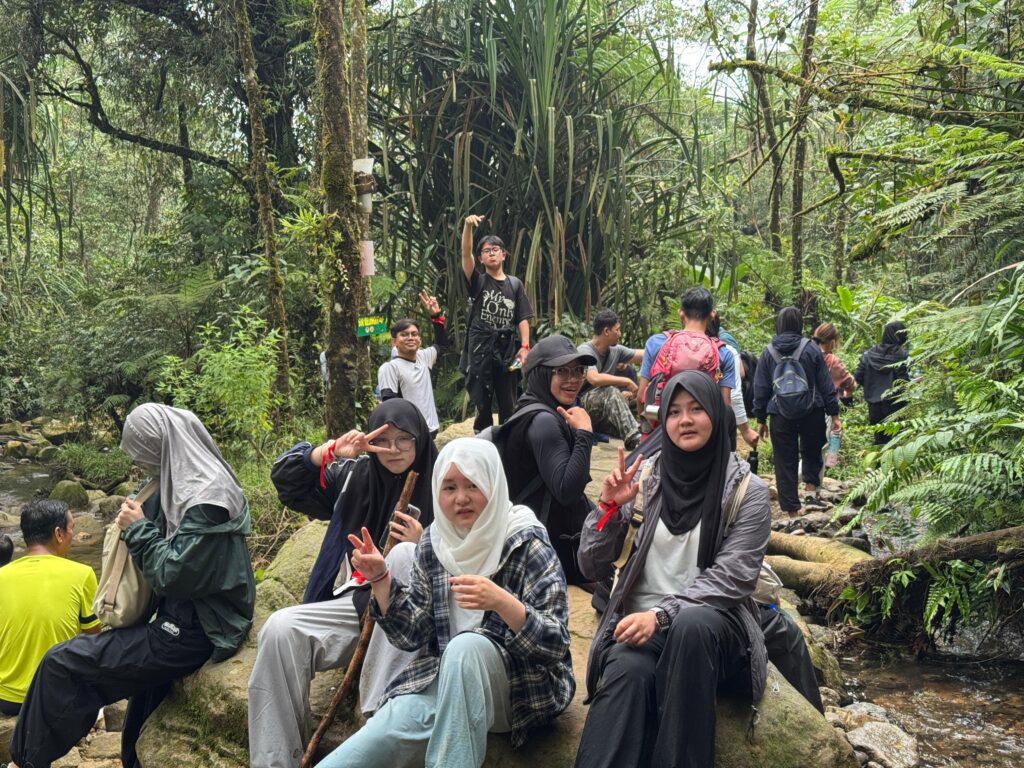
Environmental Awareness
Kawah Ratu is part of a protected national park. It’s essential to pack out all trash, stick to the designated trail, and respect the fragile ecosystem. Avoid damaging vegetation or feeding wildlife.
Conclusion
A hike to Kawah Ratu is more than just a physical challenge—it’s an encounter with the raw forces of nature. Whether you’re an experienced trekker or a weekend adventurer, the journey offers an unforgettable experience of Indonesia’s volcanic heart. From lush rainforest to smoldering crater, the trail to Kawah Ratu is a must for anyone exploring the wild beauty of West Java.
Hiking to Kawah Ratu, Bogor: A Journey Through Jungle and Steam Read More »
